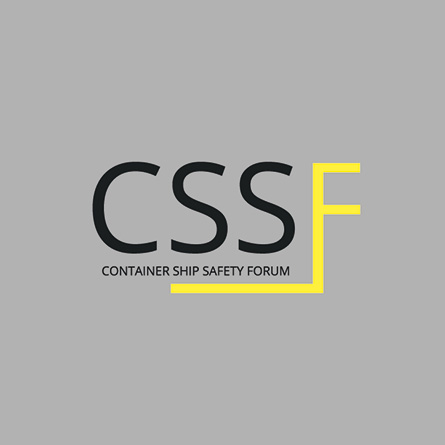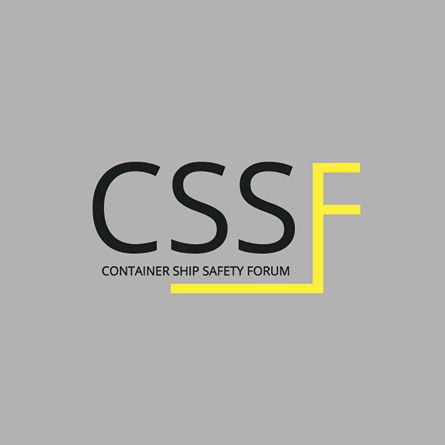TEST PAGE - ERASE
Mailchimp Test
Our Business
Our Business
The global economy needs safe, efficient and environmentally sound ships to transport manufactured goods and other commodities around the world. Here we focus on a few of the key fundamentals to understanding what Costamare and its managers do.
Our Business In Context
-

Global Trade
Global Trade requires ships.
Global trade has multiplied in the last 20 years with an overall rise in living standards and the emergence of fast-developing economies in Asia and elsewhere. One ship can do the job of hundreds of freight aircraft or miles of rail cars. Due to their size and efficiency, ships are used to transport an estimated 90% of international trade to destination.
As populations grow and urbanization continues in many parts of the world, more ships will be needed to meet the increased demand.
-

Containerisation
Container shipping is a core global service industry.
Modern container shipping was invented more than 50 years ago in the US and has been a driver of global trade, making shipping of hundreds of types of products cost efficient.
Since 1990 the container trade has grown exponentially. About half of the entire value of world seaborne trade is carried by containerships - equal to the combined value of cargoes transported by tankers, natural gas carriers, dry bulk and other types of vessel.
-

Environmental Impact
Environmentally, the industry outperforms other transport modes.
Shipping is the most carbon-efficient form of transport. While moving 90% of world trade, it is estimated to produce less than 3% of global greenhouse gas emissions. Despite this, the importance of the shipping industry makes vital its continued efforts to become even greener.
Container shipping specifically has made great strides in efficiency over the last few years. Modern containerships are 35% more fuel-efficient than in 1985 and because of economies of scale the biggest ships of today offer a 75% improvement in carbon efficiency compared with 30 years ago based on cargo volume and distance transported.
-

Service Record
Our partners span the globe.
COSTAMARE INC.'s long experience in containerships plays a significant role when deciding to invest in vessels. Equally important is COSTAMARE INC.'s longstanding reputation as an owner of containerships and provider of these to the major liner companies.
Over the years COSTAMARE INC. has done business with more than 40 liner and logistics companies, including the best known liner companies and logistics services in Asia, Europe and the US. Customer loyalty derives from a history of good industry relations, as well as from the efficiency and good charter performance of the COSTAMARE fleet of containerships.
-

Sustainability
COSTAMARE INC. is positioned for the long term.
Using its existing assets and competitive advantages, COSTAMARE INC. aims to build further its fleet of containerships and keep pace with expected growth in demand for shipping capacity and services.
COSTAMARE INC. is proud to be a participant in an industry contributing in an environmentally sound way to the improvement of living standards and consumer choice around the world. COSTAMARE INC.'s corporate vision is to take this further by managing its business in a long-term and sustainable manner - for all our stakeholders including shareholders, employees and customers.
CSSF
Container Ship Safety Forum
Launched in 2014, the Container Ship Safety Forum (CSSF) is a global business-to-business network that improves safety performance and management practices in the container shipping industry.
CSSF members collaborate to advance the continuous improvement of safety culture and performance in the container shipping industry through measurement, reporting and benchmarking, sharing best practices and engaging with key stakeholders to develop durable solutions.
Costamare Shipping has been among the founding members of CSSF.
For more information, please see: www.cssf.global

Operating Standards
Operating Standards
Costamare and its managers have a track record of providing a service that is on time, safe and environmentally friendly. To achieve this, the performance of management systems, crew and shore based staff are as important as the standard of the Costamare fleet.
Quality
Costamare's managers have each implemented a Quality, Safety and Environmental Management system. This integrates ISO 9001: 2008 quality management and ISO 14001:2004 environmental management standards with the International Safety Management (ISM) Code for the Safe Operation of Ships and for Pollution Prevention. Costamare Shipping was first awarded quality certification and ISM compliance in November 1998, more than three years before the ISM Code came into effect for containerships, their owners and managers.
Safety
The Costamare fleet and our managers have adopted operating procedures which meet strict internal and external safety criteria. Costamare's managers are devoted to looking after the Costamare fleet and the crew and officers working on board and to protecting the environment. Costamare places great importance on human resources and training. Prudent investment in containerships as well as insistence on thorough monitoring and maintenance of the Costamare fleet are also at the heart of the Costamare philosophy.
Environment
Shipping is subject to strict standards of environmental protection driven by awareness of climate change and other effects from emissions. For many years Costamare Inc., its founders and its managers have supported voluntary programs to protect the marine environment. In 2008 five of the Costamare fleet registered with an operational CO2-indexing programme, becoming the first ships worldwide to comply fully with interim IMO guidelines on CO2-indexing.
IMO 2020 global sulphur limit
Costamare welcomes the conclusions of IMO’s MEPC 73 which direct IMO to work further towards a smooth, safe and consistent implementation of the 2020 global sulphur cap in marine fuels.
Costamare follows the guidelines of the IMO, as the sole global regulator for shipping and believes that the IMO 2020 regulation will provide safeguards against the safety and operational issues already detected and will not burden the ships and their crews with unrealistic and disproportionate responsibility and liability.
It is vital to ensure a smooth implementation of properly considered and effective regulations for the benefit of the environment and the sustainability of the shipping industry. Costamare will promote this new area in the shipping industry by any means possible setting the safety at sea as a top priority.
Labour
Costamare insists on above-standard living and working conditions for seafarers employed on the Costamare fleet. As part of this commitment, our managers, on top of their other quality, safety and environmental management systems have adopted the requirements of the Maritime Labour Convention 2006 (MLC 2006).
Training
http://www.costamaretraining.com/
Costamare Marine Training Services S.A. (“Costamare MTS”) is a company offering high quality maritime education and training services to ship officers, crews and shipping companies' employees. Costamare MTS is a company affiliated with Costamare.
Costamare MTS Training Centre is equipped by state of the art training facilities such as the TRANSAS Navi Trainer Professional NTPRO 5000 240 degrees Simulator.
Costamare MTS's team of instructors comprises industry top professionals carefully selected on the basis of thorough theoretical knowledge and sea gained professional competence.
With the above facilities, courses and dedicated staff Costamare MTS provides maritime education and training of the highest industry standards.

